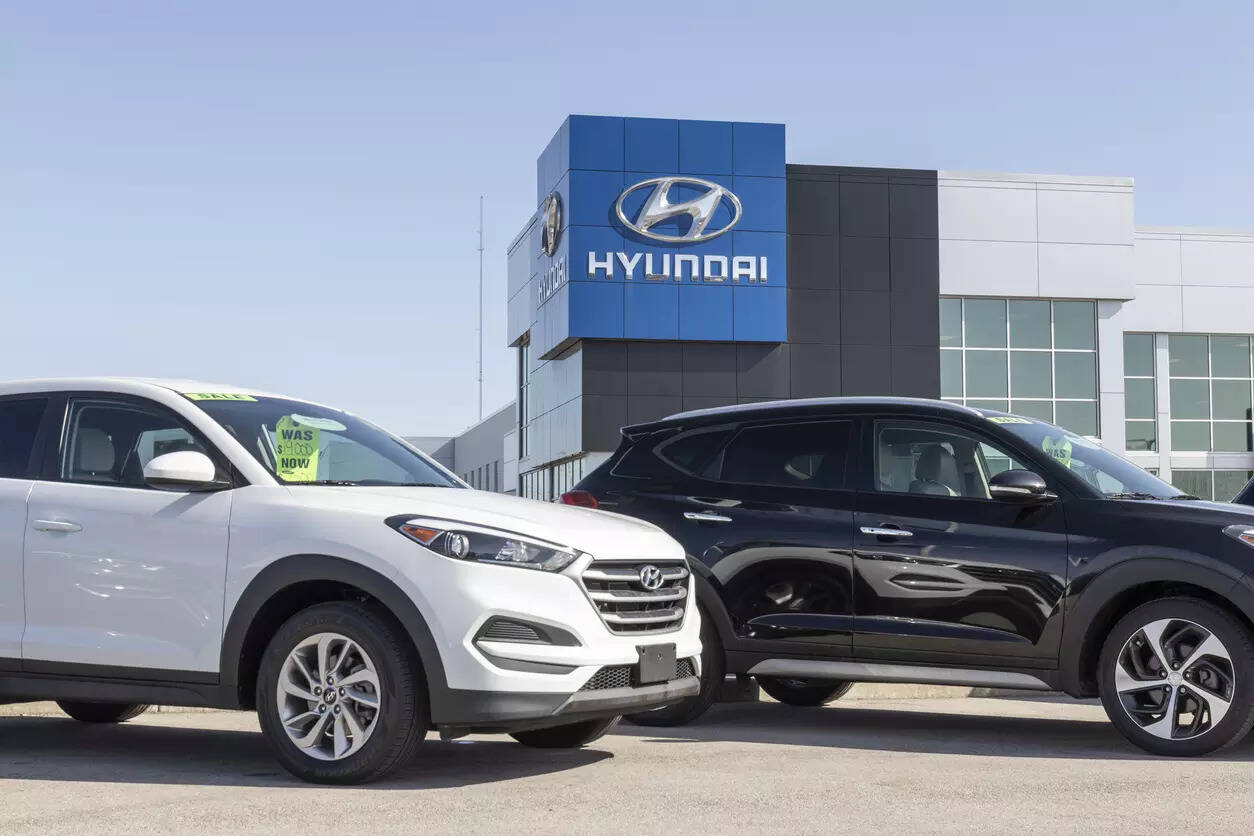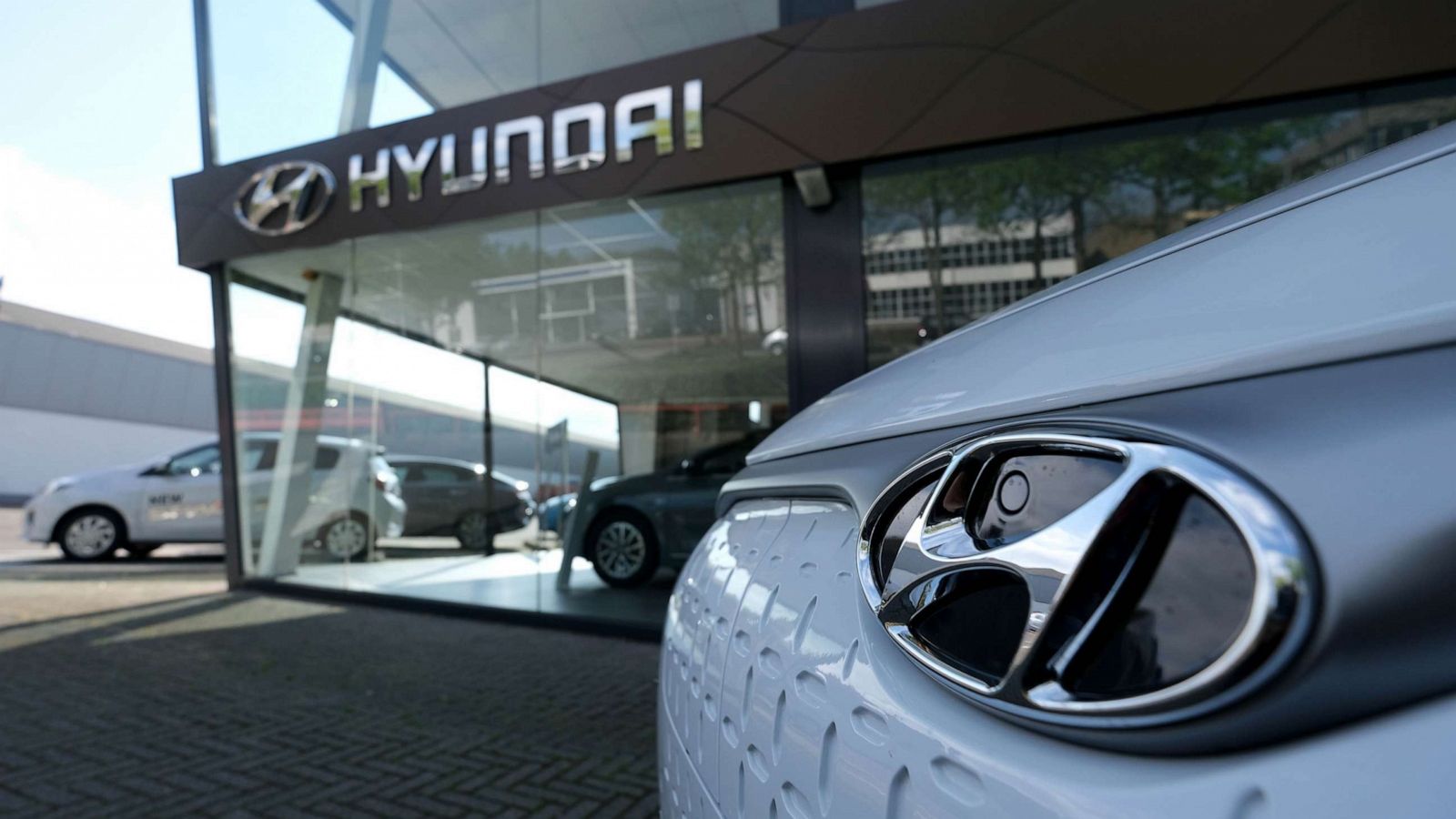Last month, Hyundai reached an agreement to settle a class action lawsuit by paying $200 million. The lawsuit stemmed from a viral TikTok car theft challenge that caused significant harm to Hyundai and Kia owners in the United States.
Under the terms of the settlement, approximately $145 million would be paid out to compensate individuals whose cars were stolen or damaged during theft attempts.
However, the resolution of the class action lawsuit did not put an end to the legal troubles for Hyundai, as New York City has now filed a lawsuit against the automaker, accusing it of negligence and being a public nuisance.
In its lawsuit, New York City specifically alleges that Hyundai prioritized profits over public safety by intentionally excluding common anti-theft technology from certain Kia and Hyundai vehicles sold in the US market.
The city argues that this decision was made based on the US market’s regulations, or lack thereof, which do not explicitly require the installation of vehicle immobilizers.

In contrast, Hyundai and Kia vehicles sold in European and Canadian markets are equipped with vehicle immobilizers due to specific regulations in those regions.
The absence of effective anti-theft technology in the US models became especially problematic when the “Kia Challenge” went viral on TikTok earlier this year.
The challenge involved videos demonstrating how easily certain Hyundai vehicles could be hot-wired using a simple USB cord. This trend led to a significant surge in car thefts, with New York City reporting a staggering 660% increase in Hyundai and Kia vehicle thefts during the first four months of 2023 compared to the previous year.
New York City argues that the rise in thefts not only resulted in more reports of stolen vehicles but also created additional safety concerns.
Reckless driving incidents and violent altercations between thieves and vehicle owners escalated, making the city less safe and putting a strain on police resources. As a result, the city has taken legal action against Hyundai, seeking punitive and compensatory damages.
New York City Sues Hyundai for Car Theft Challenge
New York City’s lawsuit aims to hold Hyundai accountable for what it perceives as a deliberate disregard for public safety. The city accuses the automaker of prioritizing profit margins over the well-being of its customers and the general public.
By failing to include vehicle immobilizers in their US models, Hyundai allegedly ignored a crucial safety feature that could have prevented or significantly reduced the number of car thefts resulting from the TikTok challenge.
By pursuing legal recourse, New York City hopes to shed light on the issue and compel automakers to prioritize public safety in the design and manufacturing of their vehicles. The city’s decision to request a trial by jury indicates its determination to present its case in court and seek a fair resolution.
The impact of New York City’s lawsuit against Hyundai could have far-reaching consequences for both the automaker and the automotive industry as a whole. If successful, the lawsuit may serve as a precedent for other cities and states to hold automakers accountable for prioritizing profit over public safety.

A successful lawsuit could significantly tarnish Hyundai’s reputation. The allegations of negligence and prioritizing profits over public safety could erode consumer trust in the brand.
Potential car buyers may think twice before purchasing Hyundai or Kia vehicles, fearing that their safety features might be compromised in favor of cost-cutting measures. This could result in decreased sales and market share for Hyundai, ultimately impacting the company’s financial performance.
The settlement of the class action lawsuit was not the end of Hyundai’s legal troubles. New York City’s lawsuit against the automaker accuses it of negligence and being a public nuisance due to the absence of vehicle immobilizers in its US models.
The surge in car thefts following the viral TikTok challenge prompted the city to take legal action, seeking damages and emphasizing the importance of public safety.












